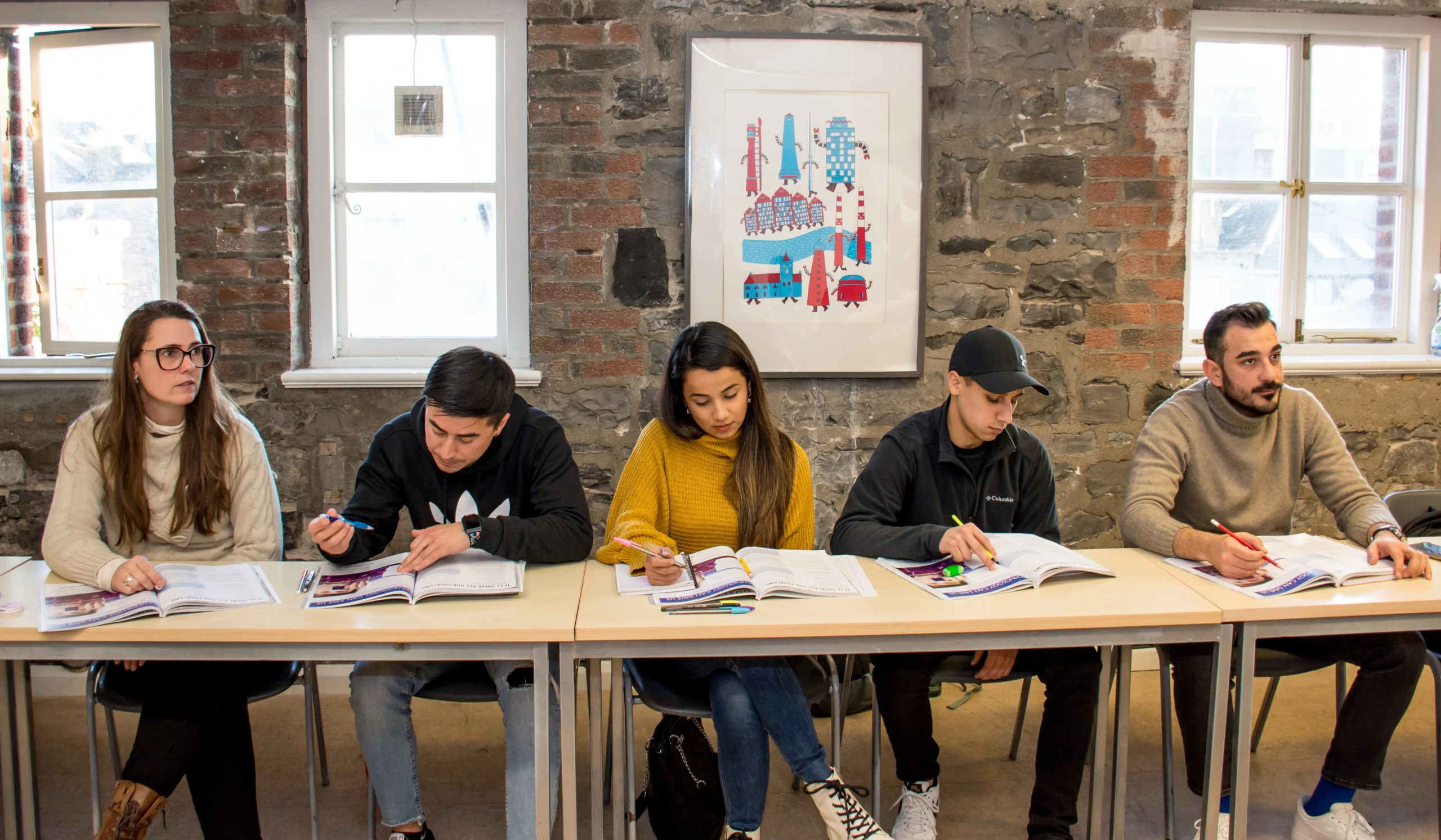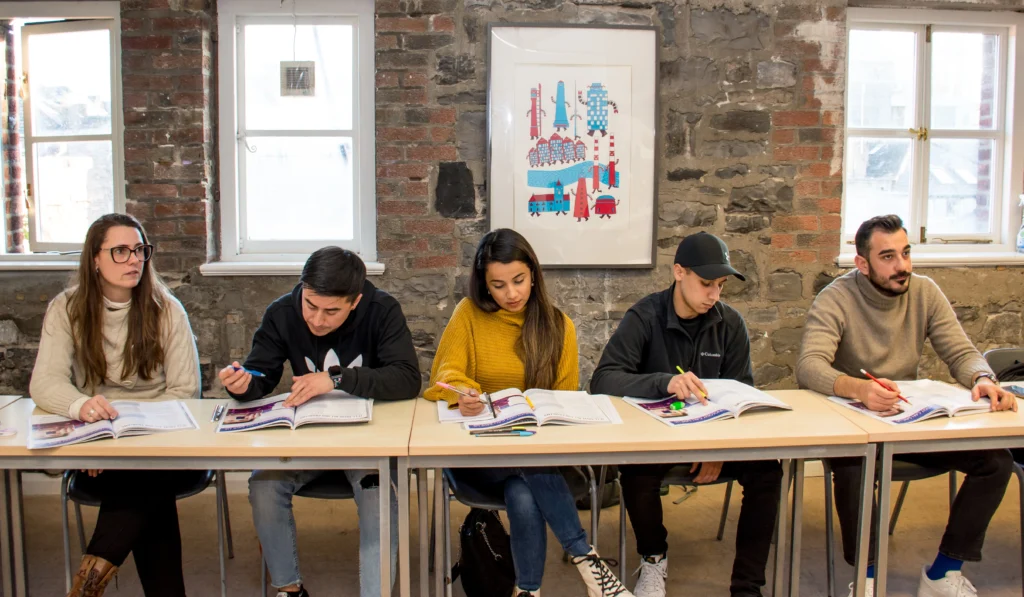
Quick Conditionals
In English there are various conditional tenses, from 0 to 3. People often get confused when studying conditional tenses, or don’t answer conditional questions in the correct way.
Conditionals require a conditional (or if clause) and a result or main clause.
The 0 conditional
The 0 conditional is the simplest to explain.
“If this then that”
If you put your hands in water they get wet, for example. It is factual, stating what happens normally. It is formed entirely with the present simple.
The 1st conditional
The 1st conditional starts with the present simple before using will/ won’t + verb.
If present simple, subject will/won’t verb.
We use it to state the expected outcome of a condition.
For example, “If I exercise daily, I will get fit”, or “if I wake up on time, I won’t be late.”
The 2nd conditional
The 2nd conditional is all about hypothetical situations. My favourite example to explain this is the lottery. We form the 2nd conditional in the following way:
If past simple, subject would infinitive
“What would you do if you won the lottery (or a million dollars, for example)?”
“If I won the lottery, I would buy a big house.”
The situation is imaginary, not real, but easily confused with the 3rd conditional.
The 3rd conditional
The third conditional focuses on past regrets.
The form is a little trickier to learn:
If past perfect, subject would + past participle
“If I had worked harder, I would have gotten the promotion.”
Questions and negatives affect the sentence order like anything else in English, so be mindful!

